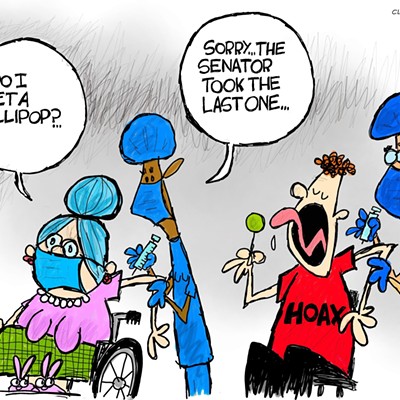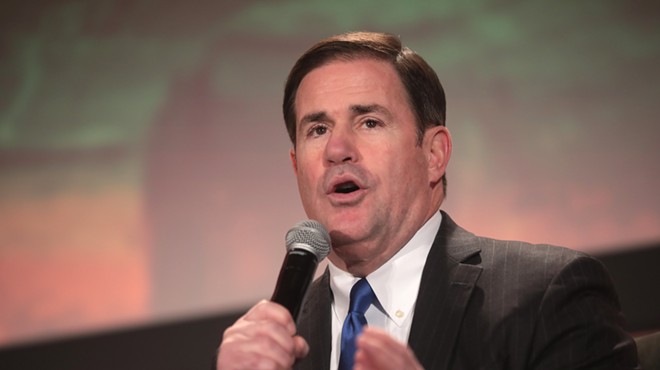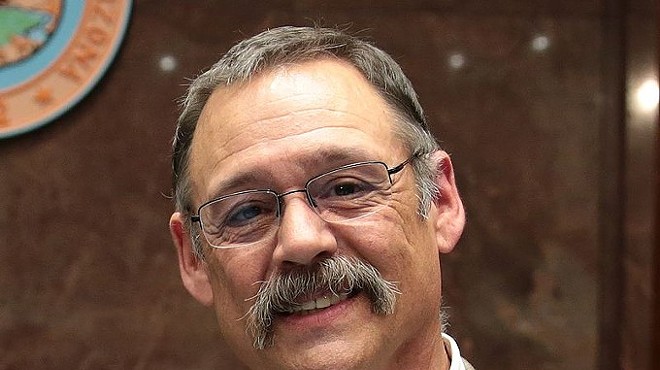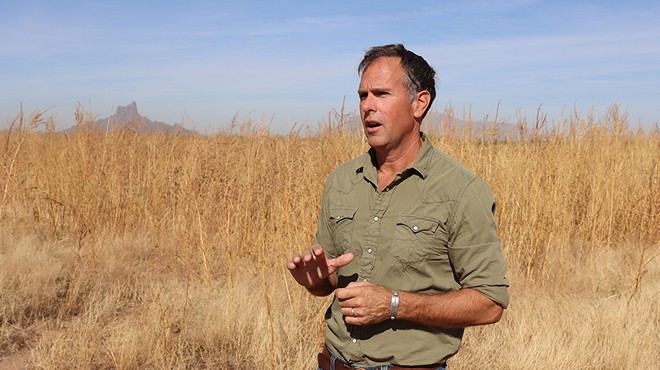Tuesday, January 5, 2021
Study: Post-9/11 vets more likely to be employed, and in steadier jobs
WASHINGTON – Post-9/11 veterans are not only more likely to be employed than the general population, they are also more likely to be in jobs that are immune to recession, according to a recent report by the Census Bureau.
The Census study, released in November, said the unemployment rate for the nation’s 3 million post-9/11 veterans was just 4.8% between 2014 and 2018, compared to 5.0% for nonveterans during the same period. The veterans were also more likely to be working full-time, year-round jobs, putting in more hours and earning more.
The most popular job for post-9/11 veterans was in protective services, such as police and fire departments, where vets were three times as likely as nonveterans to be working. A Phoenix Police Department spokeswoman said, for example, that 20% of the department’s sworn officers have military experience.
Other common jobs for the post-9/11 veterans were in installation, maintenance and repair fields, transportation, and computer and mathematical fields, the report said.
“It doesn’t surprise me to hear that veterans are leveraging the things that they learned in the military, adding education to that, and doing very well in the job world,” said Christian Rauschenbach, assistant director of veteran services and operations for the Pat Tillman Veterans Center at Arizona State University.
The numbers were slightly different for women vets, who were more likely to be unemployed, with a 4.9% jobless rate compared to 4.6% for nonveteran women.
But the report also found that women veterans were more likely to earn a bachelor’s degree than their male counterparts – 43.6% to 31% – and that they got a better financial return on that education. While earnings were about the same for veteran and nonveteran men with a four-year college degree, veteran women were earning about $3,500 more than college-educated nonveteran women.
The report said the women’s “military experience has a distinctive effect on their earnings.”
That did not come as a surprise to Mike Ragole, commander for the American Legion Post 44 in Scottsdale. He said the Census report is “very accurate,” but he thinks it failed to give sufficient emphasis to the intangible character skills that veterans learned in the military.
“I think it omits some things about the specifics that a veteran learns while they’re on active duty that helps them get ahead in competition with folks that didn’t serve,” Ragole said.
Brian Ritter, post commander for Veterans of Foreign Wars Post 1760 in Mesa, credits the military for pushing service members to get the education to complement their experience. He cited a Pentagon push in the late 2000s for soldiers to work on their college education while on active duty that, coupled with career transition services right before leaving active duty, helped prepare soldiers to find a job.
“You already have that experience,” he said. “You just don’t have the education.”
Ritter, who served in the Army from 1999 to 2019, said the report’s findings should help counter the public’s vision of those who served, which is often driven by media images that focus on homelessness, post-traumatic stress disorder and other problems.
“They think that you have that drill sergeant mentality, you’re always yelling,” he said of nonveterans. “When it’s so much more that we do instead of that.”
Ragole, who served in the Navy from 1975 to 1983, said the experiences previous generations went through as they returned from service has resulted in improved benefits for future generations of service members.
Regardless of why people serve today, he said, the fact that they serve says a lot about their dedication to their country. Past veterans were either part of a national, patriotic effort like World War II, or were drafted into service, as many were during the Vietnam War. The Selective Service System said the last draft call was on Dec. 7, 1972.
Rauschenbach, an Air Force Academy graduate and a 20-year Air Force veteran, agreed with Ragole that veterans’ success in the workforce is due in large part to the skills learned while serving, which makes veterans “focused and disciplined” compared to their peers.
While he welcomed the report’s findings, he noted the previous generations of veterans were not always so lucky, specifically citing the widespread mistreatment experienced of servicemembers returning from the Vietnam War.
“Unfortunately, you can’t make it up to the folks that experienced that,” he said. “You can do right by veterans in the future.”












